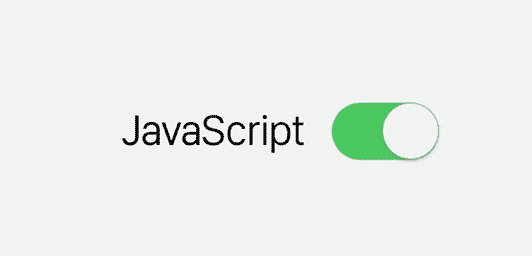JavaScript - the revolutionary step in Web Development
Today our life is somewhere or the other way connected to the Internet and the major part of Internet, that everyone considers is the webpages, websites or some apps. Do we ever think what Javascript has given us? What would have happened if the the Javascript was not developed. Obviously, some other tech person would have surely come up with an another language which might have solved the problem. But, let's see the pre-javascript world.
Pre-Javascript world

Javascript was introduced in September 1995. Before that, websites looked like this :
- This is the AliWeb - one of the very first search engines.

- IFINDIT, another search engine

These are some of the examples of the websites during the 90's when Google was about to be born. These websites work without Javascript, but ask yourself. Is that enough? It looks like they are missing a soul in themselves. No user engagement, no interactive behaviour, only a boring looking site.
Its because they are missing out on few fundamental features, that today Javascript gives us. HTML can make the body of the webpage and the CSS can add a little styling and colour but humans are social animals. They like to interact and the javascript provides these basic feature - interactivity.
Also, computers were very slow and browsers were very bad at interpreting the websites. It would kind of get frustating at reloading the page for every other information. The cost of hosting files was also very high.
Turning Javascript On

As soon as Javascript was introduced, many problems were solved. It is executed on users’ computers when they access the page. This meant that any activity that the user does will not add processing strain on the server. Hence, it is client-side. This made sites much more responsive for the end user and less expensive in terms of server traffic.
Today, Javascript helps us in loading only a part of a website, without having to reload a whole page. Hence, saving on a lot of bandwidth in a long run. It can test for what is possible in your browser and react accordingly. It can help fix browser problems or patch holes in browser support — for example fixing CSS layout issues in certain browsers.
For instance, you are watching a cricket score in any app or in the google search engine. The score gets updated automatically after every few seconds. These happens without user activity. Try to ask yourself - Will all these be possible without Javascript?
See you later